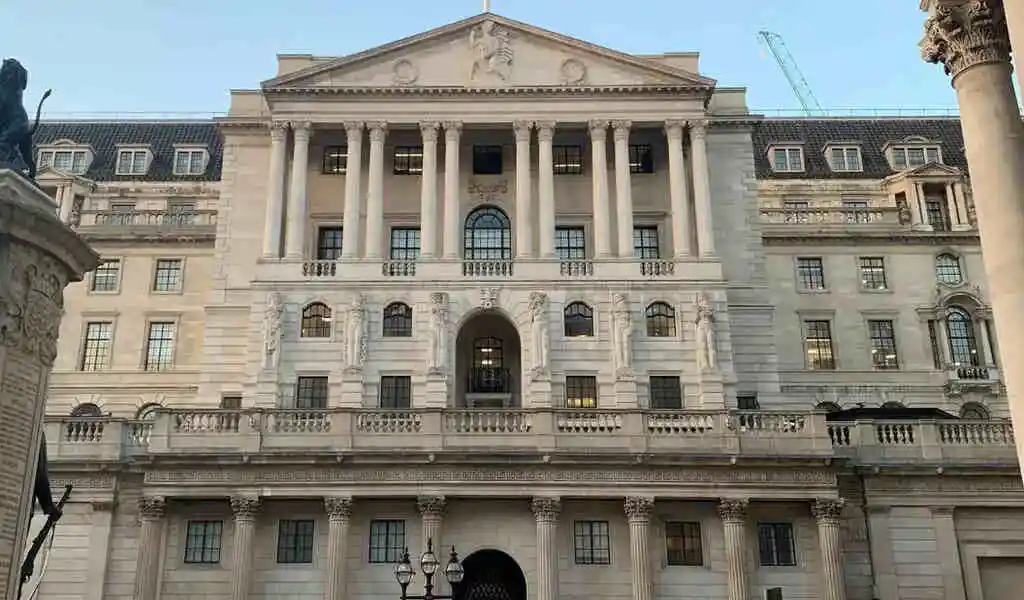(CTN News) – The Bank of England is looking at how the reversal of a long-running private equity boom will affect UK businesses, officials said, as they raised concerns about debt, transparency, and valuations.
On Wednesday, the BoE’s financial policy committee, which monitors financial stability concerns and adopts policies to mitigate them, stated: “Finance for riskier corporates could be particularly vulnerable to a significant deterioration in investor risk sentiment.”
It stated that the probability of a “sharp correction” in some markets has grown since December, as prices have risen despite a bleak outlook.
Officials said they will look into the relationships between private equity firms experiencing higher borrowing costs and the UK companies they own. Asda and Morrisons are two major UK grocery chains owned by private equity firms. The Board of Education will provide an update on the work in June.
The private equity business has grown over $8 trillion in assets globally. Higher interest rates are already impacting private equity firms’ capacity to finance new transactions for companies and increasing borrowing costs for some of their existing enterprises.
Some impacted businesses are considering new ways to refinance their loans, such as “amend and extend” agreements, which change the conditions of a loan and postpone its due date.
Bank of England’s Warning: Potential Risks of Corporate Debt Burdens and Defaults
The Bank of England warned that while such arrangements could “smooth out the stress,” they could also “increase corporate debt burdens” and lead to more defaults.
Despite months of warnings concerning private markets, the Bank of England‘s knowledge of the financial stability implications of a slowdown in private equity is less complete than that of bank risks.
“The extent of transparency around asset valuations, overall levels of leverage, and the complexity and interconnectedness of the sector make assessing financial stability risks difficult,” the officials added. However, the overall outlook for the UK economy and households was more positive.
Even before Governor Andrew Bailey hinted last week that he was closer to dropping UK interest rates from their current 16-year high of 5.25 percent, the BoE predicted an improvement in borrowing levels.
Officials said the number of households falling behind on mortgage payments was projected to rise from around 1%, as the impact of previous rate rises affects borrowers when their loans are renewed.
During the financial crisis, UK mortgage arrears peaked at 2.4%. Businesses have been “broadly resilient” to rising interest rates and poorer growth, but according to the Bank of England, all firms have yet to feel the impact of higher borrowing costs. It further stated that some smaller or highly leveraged businesses may “struggle to service their debt.”







